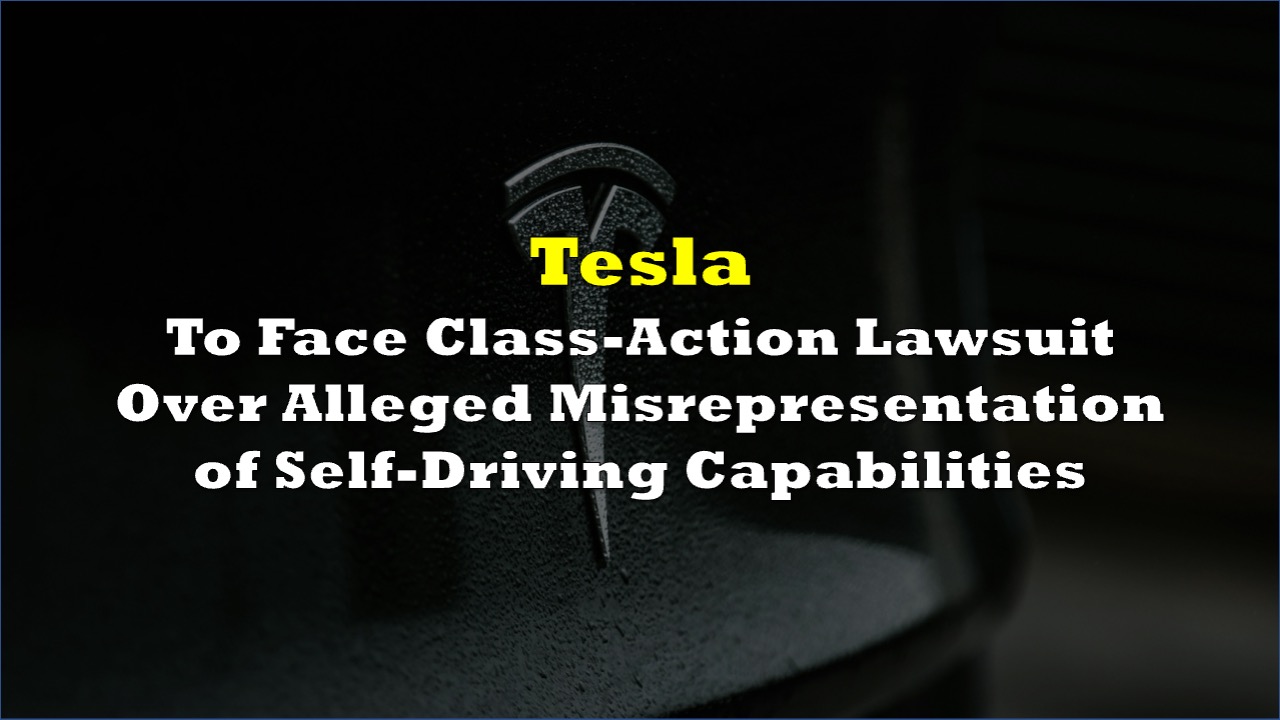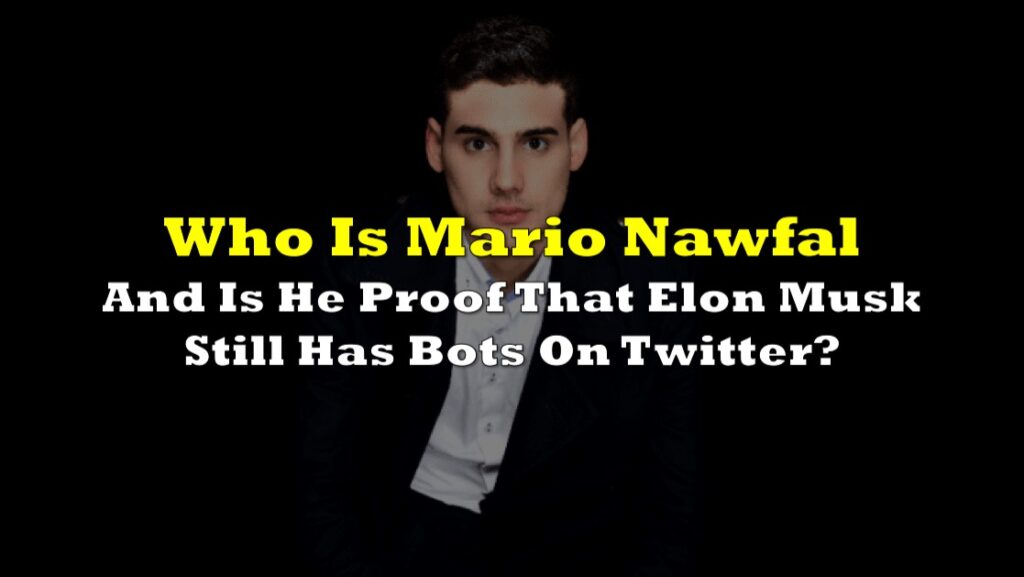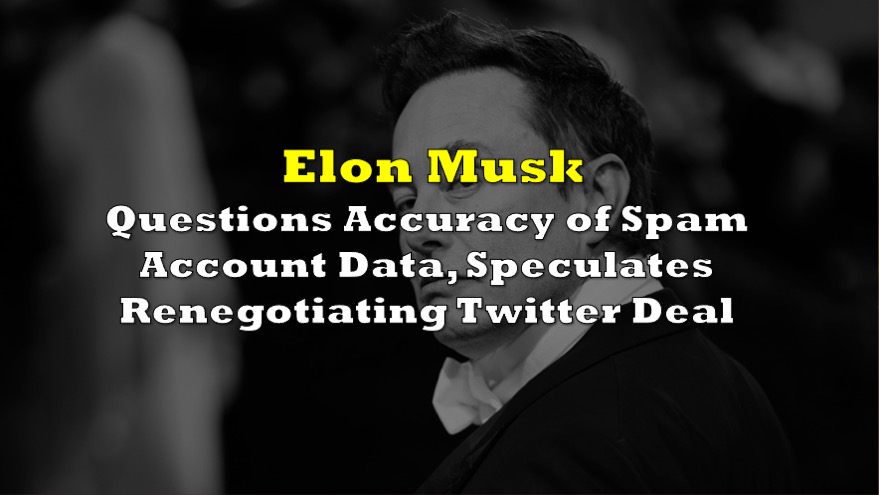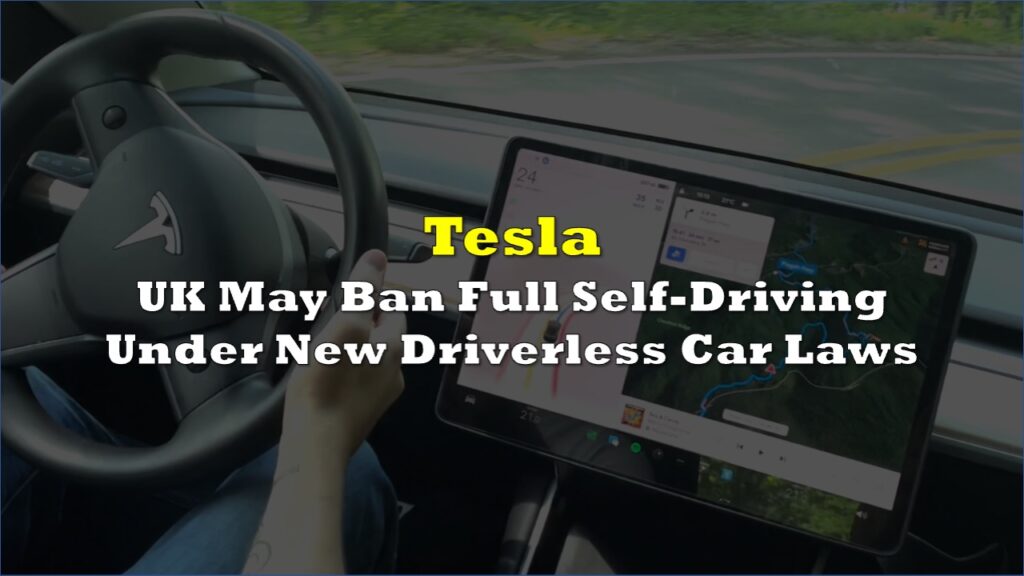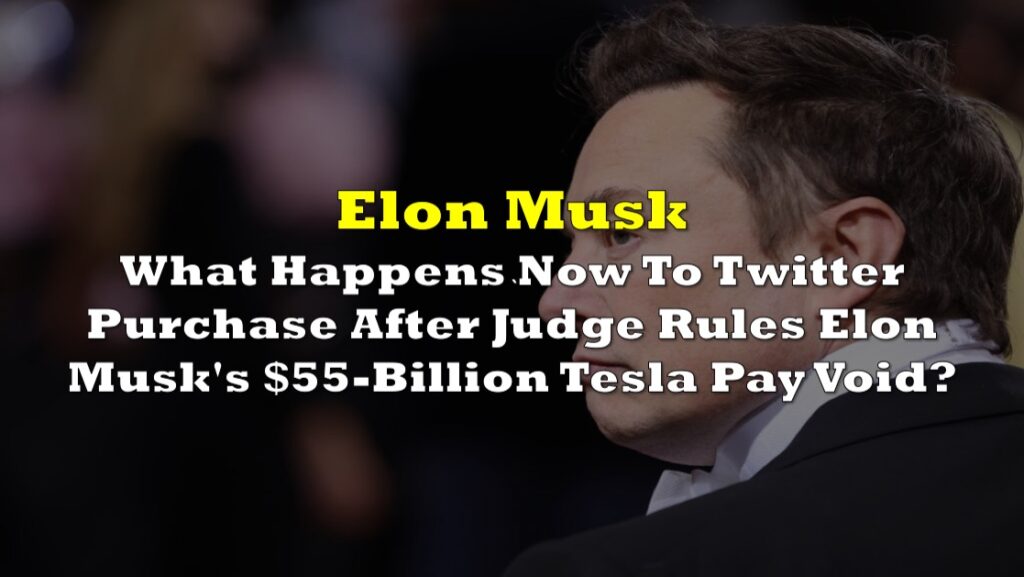A US judge on Wednesday allowed a proposed class-action lawsuit against Tesla (Nasdaq: TSLA) and its CEO, Elon Musk, to proceed. The lawsuit, filed by California resident Thomas LoSavio, alleges that the electric car maker misled consumers about the self-driving capabilities of its vehicles since 2016.
LoSavio, who paid an extra $8,000 for the Full Self-Driving (FSD) feature when he bought a Tesla Model S in 2017, claims that the company’s statements led him to believe his car would have self-driving technology within a short time period. However, as of 2022, Tesla had not delivered on its promises of fully autonomous vehicles.
Related: NHTSA Investigation Report on Autopilot System “Devastating For Tesla”
US District Judge Rita Lin in San Francisco ruled that owners could pursue negligence and fraud-based claims, particularly if they relied on Tesla’s representations about the vehicles’ hardware and ability to drive coast-to-coast without human intervention. While the judge dismissed some claims, she said that if Tesla intended to convey that its hardware was sufficient for high or full automation, the complaint “plainly alleges sufficient falsity.”
Related: Tesla 2016 Full Self-Driving Video Was Faked, Says Head of Autopilot Engineering
The lawsuit seeks unspecified damages for individuals who purchased or leased Tesla vehicles with Autopilot, Enhanced Autopilot, and FSD features since 2016.
This is bad news for $TSLA Autopilot/FSD. The refunds of these products sold since 2016 alone would be >$6bn. Imagine the punitive damages.
— Motorhead (@BradMunchen) May 15, 2024
Here's how things could go: lawsuits like this blow holes in $TSLA's balance sheet, the stock dives & the Feds move in.
H/T: @TylerHardt pic.twitter.com/U0Su3lPRTU
Tesla is also facing federal probes into whether its self-driving technology may have contributed to fatal crashes, as well as investigations into potential securities or wire fraud related to misleading investors about the vehicles’ autonomous capabilities.
Although Tesla has said that Autopilot and FSD enable vehicles to perform various functions, it acknowledges that neither technology renders the cars fully autonomous or excuses drivers from paying attention to the road.
The case, titled “In re Tesla Advanced Driver Assistance Systems Litigation,” will now proceed to pretrial fact-finding, with a decision on class-action status to follow.
Information for this story was found via Bloomberg, Reuters, and the sources and companies mentioned. The author has no securities or affiliations related to the organizations discussed. Not a recommendation to buy or sell. Always do additional research and consult a professional before purchasing a security. The author holds no licenses.

